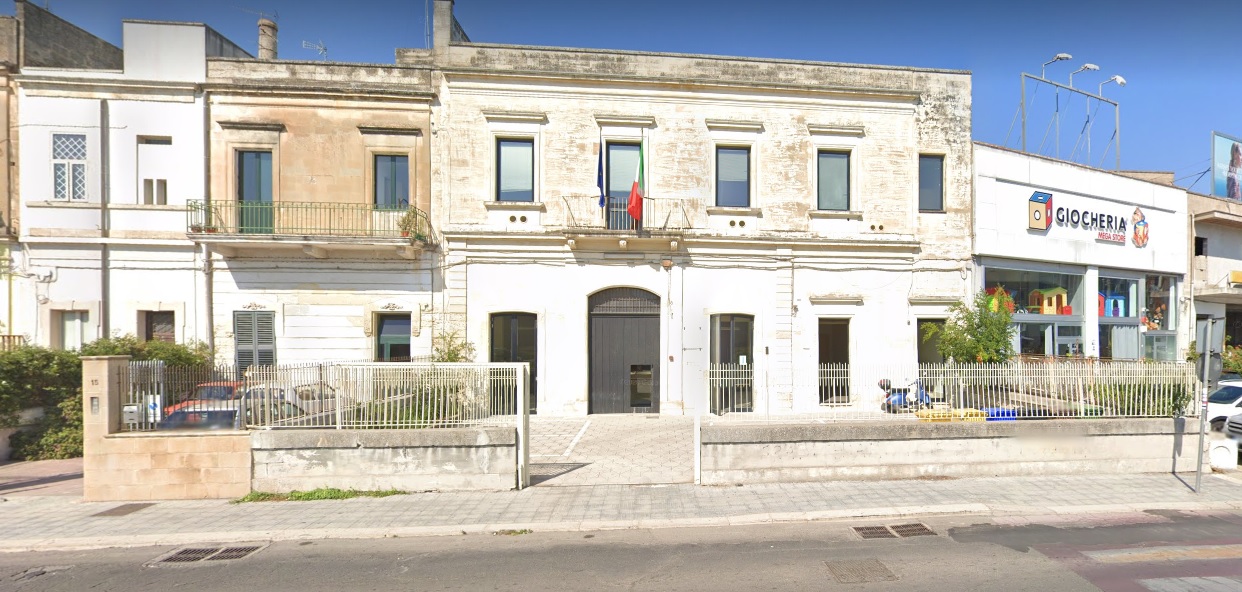
“Tito Schipa” Music Academy of Lecce was founded as “Liceo Musicale Salentino” with a Statute approved by decree of the Prefect of Lecce n. 24494 of 21st November 1933.
With Royal Decree n. 1993 of 12th October 1939 (published in the Official Gazette n. 11 of 15/01/1940) the Liceo Musicale Salentino is equalized with the Music Academies as of 16th October 1939.
By Law n. 663 of 8 August 1977 (published in the Official Gazette n. 241 of 5/09/1977) the Liceo Musicale Pareggiato “Tito Schipa” was transformed into a State Music Academy as of 1st October 1970.
Pursuant to art. 1 quinquies of the decree law of 31 January 2005 no. 7, converted with modifications into law of 31 March 2005 no. 43, the Istituto Musicale Pareggiato of Ceglie Messapica (BR), managed by the Municipality of Ceglie Messapica, is united, as a detached section, to “Tito Schipa” Music Academy of Lecce with effect from the academic year 2005/2006.
“Tito Schipa” Music Academy of Lecce is one of the main musical institutes in the South of Italy: 1000 students and 130 teachers engaged in all types of musical practice and theory.
The Director of the Music Academy is Maestro Giuseppe Spedicati and the President is the Hon. Dr. Biagio Marzo.
The Lecce Conservatory is named after Tito Schipa, the famous tenor who financed the foundation of the Institute in the 1930s.
In order to enhance the various aspects of the vocal tradition, the Conservatory organises specialised courses for opera singers, interpreters of the Renaissance and Baroque repertoire, and modern and jazz singing.
The Conservatory has four orchestras: the Symphony Orchestra, the Wind Orchestra, the Jazz Band and a Youth Symphony Orchestra, as well as various ancient and modern vocal ensembles and a children’s choir.
Baroque culture and band tradition characterise Salento and the Conservatory seeks to enhance and cultivate these important realities with its educational resources.
The Wind Orchestra is one of the spearheads of excellence in training and musical and record production, as are the ancient and classical music groups, which perform at various festivals in Italy and abroad.
The educational offer includes thirty-two addresses, for the Academic First and Second Level courses. Pre-academic training courses and AFAM propaedeutic courses are also available.
The Electronic Music course of study is particularly innovative.
The Erasmus Project, through which the Conservatory interacts with many European countries, is very active.
The Conservatory has a library of 11,000 texts, including 500 manuscripts.
The Institute has a detached section in Ceglie Messapica and, thus, the Conservatory is a “network” of making music, deeply rooted in the region.
The Conservatory’s Festivals are at the heart of the artistic and social life of a region, Apulia, that has made cultural promotion and hospitality its chosen commitment.
